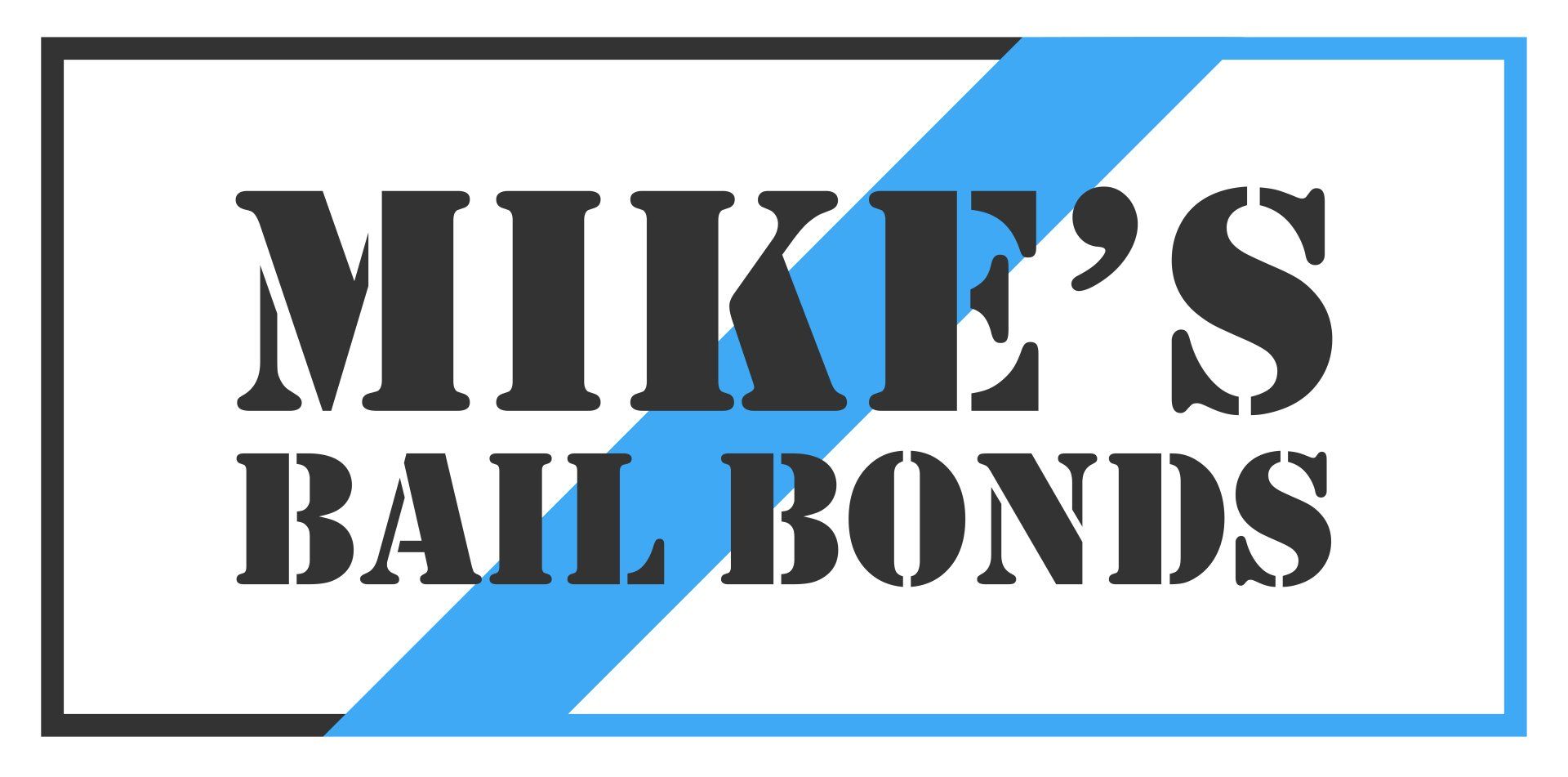How Does a Bail Bond Make Money?
Navigating the world of bail bonds can be confusing, especially when trying to understand how these businesses make money. At the core, bail bond services offer a vital function in the criminal justice system, but they are also businesses that need to turn a profit. In this blog, we’ll explore the intricacies of how a bail bond company operates financially.
What is a Bail Bond?
Before delving into the economics, let’s define what a bail bond is. When someone is arrested and charged with a crime, the court may set bail – a financial guarantee that the accused will return for their trial. Bail amounts can range from a few hundred to thousands of dollars, depending on the severity of the crime. Many people cannot afford to pay the full bail amount, and this is where bail bond companies step in.
The Role of Bail Bond Agents
Bail bond agents, or bondsmen, are individuals or companies that provide the funds for bail in exchange for a fee. Typically, this fee is a percentage of the total bail amount – usually about 10%. This fee is non-refundable, even if the case is dropped or the accused is found not guilty.
For example, if the court sets bail at $10,000, the defendant (or someone on their behalf) pays $1,000 to the bail bond company. The company then secures the release of the defendant from jail, with the understanding that they will appear in court when required.
How Bail Bond Companies Make Profit
Bail bond companies can make money in the following ways:
Percentage Fees: The primary source of income for bail bond companies is the fee they charge for their service. This fee, as mentioned, is usually about 10% of the total bail amount. It's a non-negotiable, non-refundable fee that serves as the company's earnings.
Collateral: In addition to the fee, bail bond agents often require collateral to secure the bond. This collateral can be in the form of property, vehicles, jewelry, or other valuables. If the defendant fails to appear in court, the bail bond company can liquidate this collateral to recover the bail money they owe to the court.
Financial Security and Interest: When bail bond companies put up the full bail amount, they don’t usually use their own cash. Instead, they have lines of credit or other financial arrangements with banks or financial institutions. This allows them to cover large bail amounts. The interest or financial growth they earn on their secured funds (before paying out bail) can also contribute to their earnings.
Recovery Services: In cases where the defendant fails to appear in court (known as ‘jumping bail’), the bail bond company is liable to pay the full bail amount to the court. To avoid this, many bail bond companies employ bounty hunters or recovery agents. These agents track down and return the defendant to custody, saving the company from a significant financial loss.
The Risks Involved
It’s important to note that bail bond businesses also bear significant risks. If a defendant fails to appear in court and cannot be located, the company is responsible for the full bail amount. This financial risk is a key reason why the bail bond industry is heavily regulated, and why bondsmen take collateral and detailed information about the defendant and their family.
Learn More About Bail Bonds With Mike’s Bail Bonds
In conclusion, the financial model of a bail bond business like Mike's Bail Bonds revolves around service fees, collateral management, financial strategy, and recovery operations. Our primary income comes from the non-refundable service fee, which is a percentage of the bail amount. Additionally, we safeguard our interests through collateral and strategic financial management, ensuring we can continue to assist a wide range of clients in Connecticut. If you or a loved one is in need of bail bond services in Connecticut, Mike's Bail Bonds is your go-to resource. Our experienced team understands the emotional and financial stress that comes with navigating the legal system, and we are dedicated to making the bail process as seamless and supportive as possible. To learn more about the bail bonds process or obtain bail for your loved one,
give us a call.








Contact Us
For more information or to contact us now, call us at (860) 855-6453 or fill out the form below to contact us online.
We will get back to you as soon as possible
Please try again later


